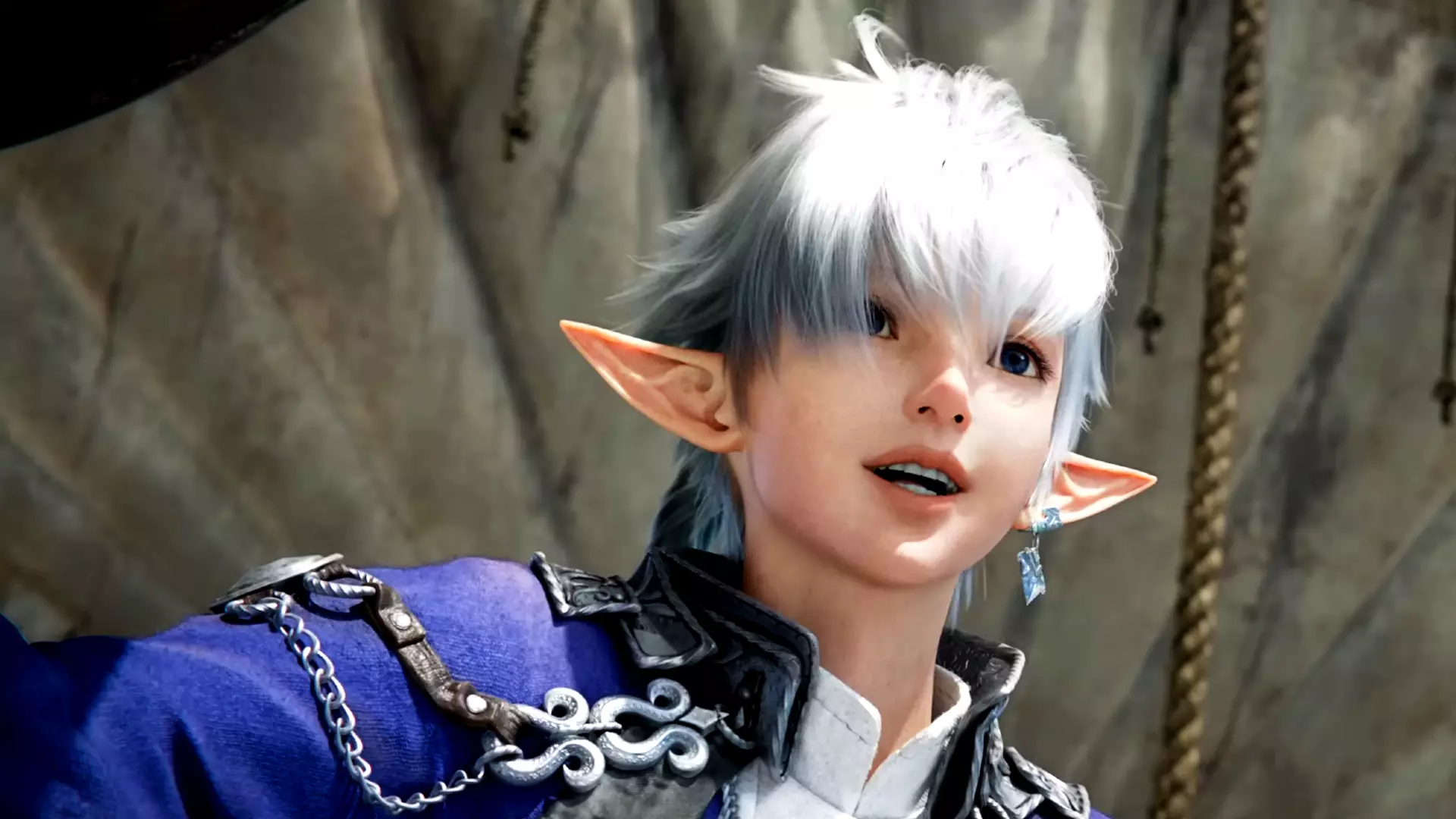After a period of transient optimism, Final Fantasy 14’s latest expansion, Dawntrail, has experienced a notable decline in community enthusiasm. Once buoyed by hopes of revitalization, player feedback has shifted sharply, reflected in a drop back to “Mostly Negative” reviews on Steam. This downturn is emblematic of deeper issues within the MMORPG, where developers’ attempts to incorporate feedback seem to fall short, leading to growing frustration among dedicated fans. The release of Patch 7.25, which introduced new features like the Occult Crescent, did little to quell dissatisfaction. Instead, many players perceived these updates as repetitive and lacking meaningful content, fueling the sentiment that the game is becoming a grind rather than an engaging experience.
This operational stagnation signals that Square Enix’s endeavors are falling into a pattern of superficial fixes rather than addressing core gameplay concerns. The core complaint from the community remains: the game feels hollow, with not enough innovative content to justify ongoing engagement. The disappointment points to a broader disconnect between the development team’s vision and the players’ expectations—a mismatch that could threaten the game’s long-term vitality if not carefully managed.
Yoshida’s Optimism and Roadmap for Change
However, amidst these troubled waters, Final Fantasy 14’s director Naoki “Yoshi-P” Yoshida offers a message of cautious optimism. In a recent interview with Famitsu, translated by DeepL and Google, Yoshi-P openly acknowledged that the game isn’t in a “perfect” state and that Square Enix faces significant hurdles. Yet, he also revealed that these challenges are not insurmountable. The upcoming Patch 7.3, launched on August 5, symbolizes a turning point—a beginning rather than an end. Yoshida emphasizes that the team’s focus isn’t solely on incremental fixes but on meaningful change aimed at restoring trust and satisfaction among players.
Yoshi-P draws a pertinent analogy to the original Final Fantasy 14’s troubled launch before A Realm Reborn, implying that past scars can heal, and trust can be rebuilt through consistent effort. His words suggest a recognition of past mistakes and a commitment to genuine improvement, a sentiment that long-suffering fans are eager to believe. The updates planned beyond 7.3 include more substantial content, such as an Ultimate raid—a long-anticipated challenge—and new characters inspired by Final Fantasy 11, indicating that Square Enix is investing in deeper content to rekindle interest.
Future Content and Community Expectations
Looking ahead, Square Enix appears to be laying the groundwork for a comprehensive content roadmap. Patch 7.4 promises a new variant dungeon, signaling a steady flow of fresh experiences designed to keep players engaged. The strategic inclusion of trials derived from beloved series like Final Fantasy 11 could serve as a bridge to attract nostalgic players and offer varied gameplay that counters the current monotony.
The upcoming Fan Festival represents a critical platform for communication and transparency. While the specific dates have yet to be announced, Yoshi-P’s reassurance that this information will arrive soon has fans holding onto a glimmer of hope. The festival promises to unveil the next expansion, an event that could serve as a pivotal moment—either to demonstrate Square Enix’s renewed commitment or to fall short and further alienate the community.
Despite these promising signs, skepticism remains prevalent. The real challenge lies in translating Yoshi-P’s promises into tangible, measurable improvements that resonate with the community’s core concerns. Critics rightly demand clear evidence of these “solid changes” rather than empty reassurances. As some fans cynically suggest, until grievances—like the questionable narrative choices involving Dawntrail’s protagonist Wuk Lamat—are addressed, trust will continue to erode.
Is Hope Justified—or Wishful Thinking?
In my view, Yoshi-P’s candor and the outlined content pipeline offer a breath of fresh air and hope that the game’s future can be reimagined. Yet, genuine change requires more than promises; it demands listening, transparency, and a willingness to overhaul underlying issues rather than merely patching superficial wounds. The community’s concerns—regarding grind-heavy gameplay, lackluster new content, and the need for more impactful storytelling—must be acknowledged and prioritized.
If Square Enix can leverage the upcoming updates to genuinely innovate, foster open dialogue, and restore faith among its players, Final Fantasy 14 might yet regain its standing as a premier MMORPG. The path ahead requires patience, courage, and a firm commitment to quality over expediency. Only through these principles can the game’s reputation be salvaged, transforming current disillusionment into long-lasting loyalty. The question remains: will Square Enix rise to the challenge and turn the tide, or will player patience wear thin amid unmet promises? The future hinges on actions taken in the immediate weeks and months to come.

